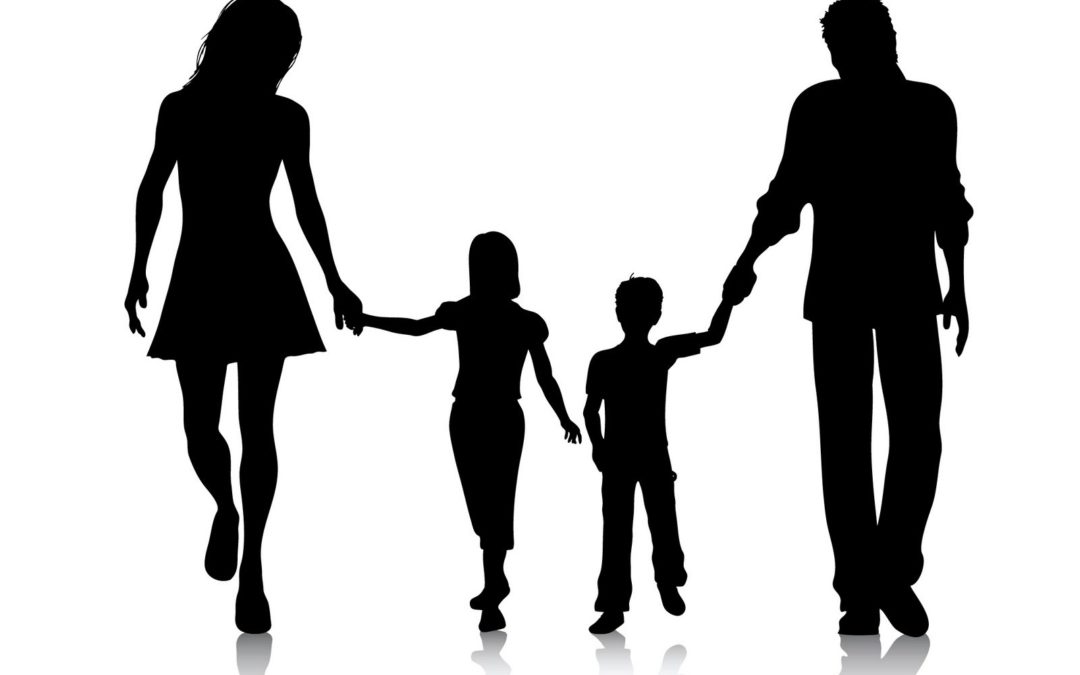This week I would like to canvas the issue of how to tell children about coronavirus, which presents a large, complex and unpleasant situation for children as well as adults. I think we can agree that it is important that we protect our children as much as possible and keep them safe in the midst of issues that might be impacting them. However media coverage and reports on social media can be unhelpful and stressful for children who can’t take in and rationally process all the information about risk and death rates and so on. For example, I overheard a child ask his carer at a supermarket on the weekend whether he was going to die.
This is deeply troubling that a child has picked up that there was something very dangerous going on, and it raises the dilemma about how much information we give to our children and in what way. While the type of information we give to our kids does depend on their age and stage and what they can absorb I think the basic principles are to be reassuring while not denying that something is going on.
In the instance above, the mother reassured the child that while some people were getting sick this was very unlikely to happen to them and she outlined what she was doing to protect him and the family.
Kids with additional needs are not immune from the blanket media coverage about the pandemic and similar to other kids, we have to reassure them that we are doing everything to protect them while acknowledging that some people will get sick. It is very important to be mindful of any underlying anxiety and not feeding into that, but denial is not helpful.
Some things we could say are ‘yes, some people are sick, but we are your parents and we are here to protect you, and there are also doctors and other health care workers who are there to help’. It is important not to panic if your child accidentally drops a toilet roll in the bath!
What else can we say? Sometimes children need to know that there can be extreme reactions such as people fighting over goods in supermarkets. Obviously, we should try and limit the amount of exposure to troubling coverage, but this is virtually impossible to do in any absolute way, so we have to let them know realistically what is happening. For example, we could say ‘Yes there are some people who are very frightened but our family is not going to be like that. This is what we are doing and yes help is available’. It is important that, as parents and citizens, although we might not have utter confidence in the authorities, these are not issues for children. What kids need to know is that the people who are meant to be in charge are doing their best in the current situation. This is not denial but reassurance. Children observe and absorb much more than we credit them for and so this is what we have to operate by.
Adolescents and older children may need some talking to about the situation in greater depth, and we also need to ensure they are accessing good quality information online rather than misinformation. This is hard when there is not necessarily a uniform approach being adopted by politicians!
Overall, we need to be mindful that our kids are struggling with uncertainty about the world in general, for example there are concerns about climate change and other major events that have impacted on their thinking about the future of the world. And so, as parents, we need to keep the door open to have those hard conversations so we can say ‘yes humanity needs to address these issues and now is the time where we have to work together and protect communities and stay connected to one another to get through it’.
Another point I think we can honestly say to children, is that, to a large extent this is not about them but about protecting vulnerable people who are by and large the elderly and those with heart and lung problems and children who are struggling with serious illnesses like cancer. So what we might also say is that we are trying to protect these vulnerable people, from getting infected, and overall, children who get this illness do very well and are very likely to have just a mild cold and get only mild symptoms. Children are one of the lowest risk groups so we can tell them this as they are smart and they know.
If we are alert to how our children are feeling and what level of information they can process, we can mindfully steer them through this pandemic with acknowledgement and reassurance rather than alarmism or denial.
Stay mindful, calm and focused and enjoy your kids, Alissa.


Recent Comments